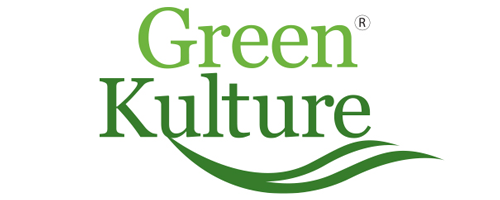Hmmm... What are Enzymes???
Enzymes are basically protein catalysts. They are one of the most interesting and important substances found in nature. First, it is important to realize that enzymes are not living things. They are inanimate - like minerals. But unlike minerals, they are made of living cells. If we were to look inside a cell we would see many different activities going on.
In a broad sense, there are two types of enzymes. Some that helps join specific molecules together to form new molecules. Others that help break specific molecules apart into separate molecules.
Four things to remember about enzymes
- Enzymes are specific: An enzyme that is able to break fat down would not be able to dissolve protein or starch. Enzymes perform only one specific job. That means an enzyme can do its job with very few side effects. It also explains why there are so many different types of enzyme. Different types of enzymes are suitable for different stains. Amylases will remove starch based stains, while proteases break down protein chains, making them suitable for protein stains. Lipases work very well on grease and oil, and cellulases are excellent general cleaners. To date, more than 3,000 different types have been identified and there are many more waiting to be discovered.
- Enzymes are catalysts: While it is true that an enzyme can only perform one specific job, it is important to know that one enzyme can perform that same job over and over again, millions of times, without being consumed in the process and enzymes do their job best in the mild ph and temperature conditions found in nature.
- Enzymes are efficient: Not only do enzymes work hard, they also work with blinding speed. For instance, there is an enzyme in the liver that helps hydrogen peroxide break down into water and oxygen. What's amazing is that one enzyme can process 5 million hydrogen peroxide molecules in one minute.
- Enzymes are natural: Enzymes are proteins. Like all other proteins, enzymes are organic. Once they have done their job, enzymes break down swiftly and can be absorbed back into nature.
Enzyme Applications
In more recent times, new applications for enzymes have been found. Household cleaners such as laundry detergents are a good example. As mentioned, there are certain enzymes which dissolve proteins and others which dissolve fat. Proteins and fat make up two of the major causes of stains on clothing. Grass, blood and egg are all protein stains. Lipstick, frying oil, butter, sauces, and tough stains on cuffs and collars are fat stains. To remove these stains without enzymes is rather difficult and requires plenty of washing at high temperatures with a lot of chemical-based detergent.
Enzymes can remove these stains better, faster and in a way that is a lot kinder to the clothing and the environment. The enzymes in detergent dissolve stains in the same natural way they help digest food in your stomach - specifically and efficiently. Just a tiny amount of enzymes can dissolve stains that would require much larger amounts of detergent alone. Because of this they can reduce the amount of chemicals actually found in laundry detergent. Since enzymes work best in mild conditions, washing machines using enzymatic solutions can be set at lower temperatures, reducing electricity consumption by as much as a third. In the future, enzymes would replace more and more of the harsh chemicals found in detergents.
Enzymes have contributed greatly to the development and improvement of modern household and industrial detergents, which is the largest application area for enzymes today.
The enzymatic solution developed by Envizyme allow us to introduce a safer alternatives to consumers that will make their life healthier without exposure to harmful chemicals and making the environment cleaner.
Key Benefits of Using Enzyme-based Cleaners
* A better cleaning performance in general
* Non-toxic to human and animals
* Hypoallergenic – good for people with allergy problem
* Rejuvenation of cotton fabric through the action of cellulases on fibers
* Reduced dependency on chemicals
* Reduced energy consumption by enabling lower washing temperatures
* Reduced water consumption through more effective soil release
* Minimal environmental impact since they are readily biodegradable
* Environmentally friendlier wash water effluents (in particular,
phosphate-free and less alkaline)





